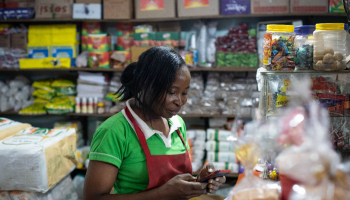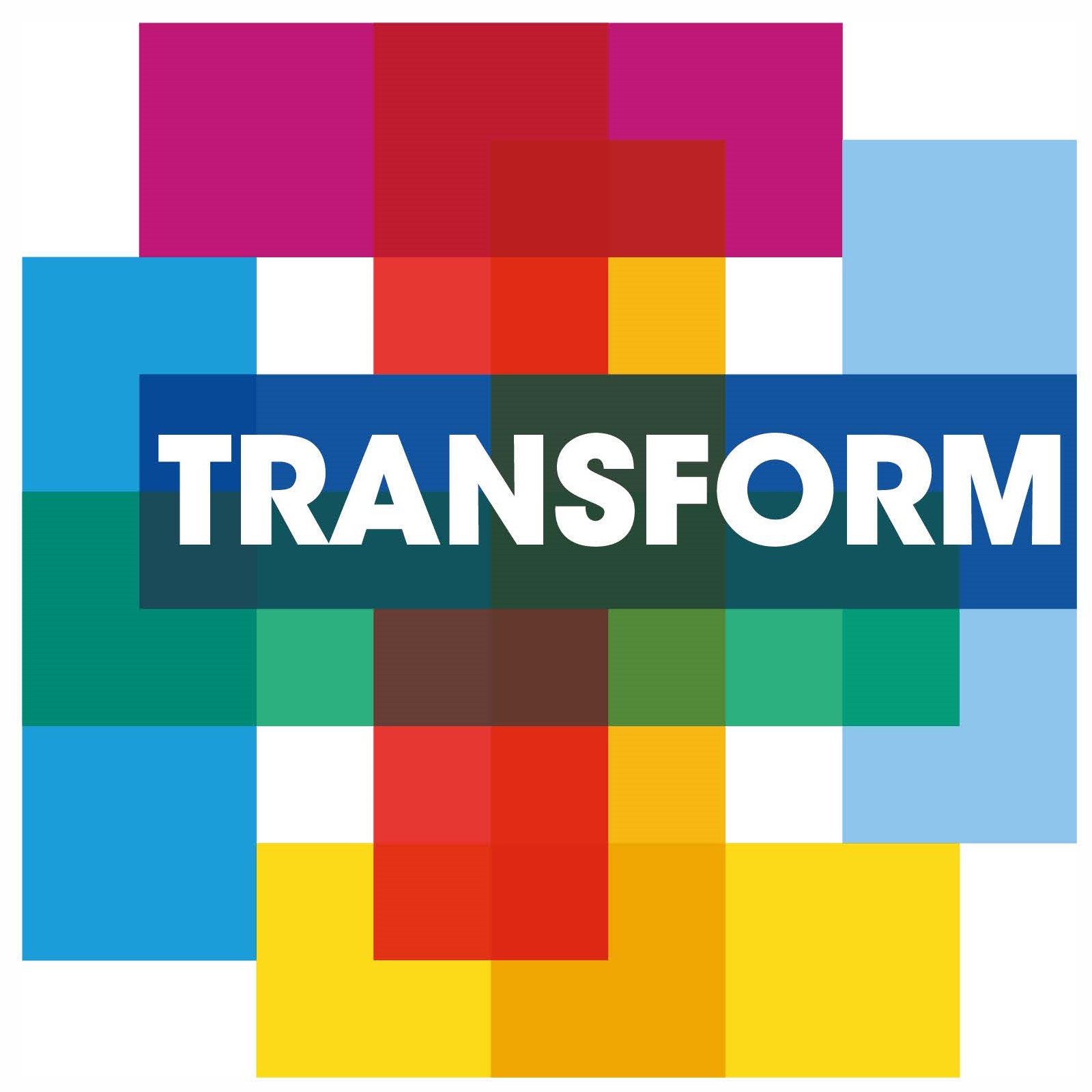Portfolio Learnings: A circular economy from Ubuntu Power
Published on: 14/12/2020
As part of our Portfolio Learnings series, we take a look at one project whose aim is to enable people to drive their own long-term development. Ubuntu Power provides affordable zero-waste solar power and unrestricted internet, powering and connecting hundreds of people in off-grid communities in Kenya.
A self-sustainable model, Ubuntu Power takes a holistic view to off-grid energy and community development, with power and internet provision combined into one central system. The revenue from the community’s mobile usage is then used to cross-subsidise the electricity generation and community services.
The project comprises modular Smart Micro-Utilities: the solution deploys photovoltaic-biogas hybrid mini-grids coupled with community Wi-Fi, irrigation and a computer services, to deliver affordable pay-as-you-go productive power, fertiliser, telecoms and productive outlets for both the electricity and Internet usage.
TRANSFORM supported Ubuntu Power to roll out its first community solar hub in Kenya by providing funding for the creation and full analysis of the pilot. We also provided access to our partners’ expertise in the supply chain, distribution network and regional knowledge, allowing for quicker scale.
Power and information provision
Following the pilot phase, Ubuntu Power has enabled 1,200 people in Tharaka Nithi County in Kenya to gain access to power and information. Because of this, 80% more new businesses opened within the community in the first 6 months after launch, users enjoyed a 40% drop in energy costs and 71% of children accessed educational resources through the Internet.
By integrating a biogas system into the original solution, the project hopes to create a circular economy with zero-waste energy generation. Besides the solar power and internet, it will also be able to power a centralised agricultural centre, boosting local productivity and providing agricultural waste to feed the digester, as well as much-needed fertiliser.
A Computer Lab has also been built, to boost the positive impact and social benefits of Wi-Fi connectivity, which will support the local schoolchildren and provide community-wide IT courses.
Challenges and lessons learned
Aside from technical issues with its “smart metre” technology, which were resolved by a local engineering support team in Kenya, the team also found that some customers had very high consumption levels, with account balances reducing quickly.
To solve this, they organised an open community forum to explain how to use power responsibly. At the forum, people got the chance to ask questions and voice concerns, which helped create trust in the service and payment system within the community.
The company also learned the importance of continuous community education about power and Wi-Fi data consumption, and of ensuring regular communication and close collaboration with the smart metre supplier, to keep improving customer service and build trust in the new technology.
Powering the future
Along with providing energy and internet, Ubuntu Power is aiming to create a sustainable circular economy, covering sanitation and waste management, fully renewable hybrid power, food security and income streams.
By 2020, the company wants to deploy mini-grids in 35 communities, which will connect 29,000 households and directly benefit 230,000 people. The goal is to positively impact over 1 million beneficiaries in Kenya.
For more information on projects like Ubuntu Power, which are working towards meeting the Sustainable Development Goals (SDGs), please visit Our Portfolio.
-
 Insights
Insights
Related impact stories
- Supporting mothers through the pandemic
 ActiveBliss Group is pivoting to support mums and babies during the COVID-19 pandemic.Transforming health through digital innovation
ActiveBliss Group is pivoting to support mums and babies during the COVID-19 pandemic.Transforming health through digital innovation

 Digital Health
Digital Health
Ensuring access to crucial healthcare information and products
 NaijaCare will equip PPMVs in Lagos with the information and resources they need to serve their communities through the pandemic.
NaijaCare will equip PPMVs in Lagos with the information and resources they need to serve their communities through the pandemic.
